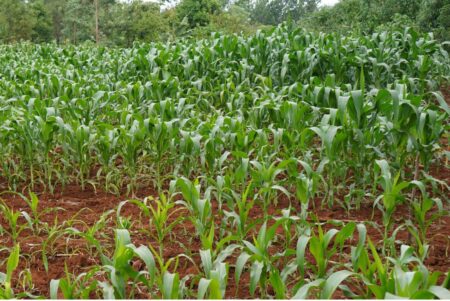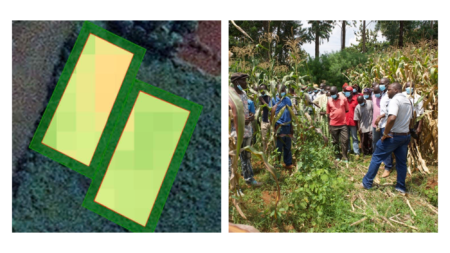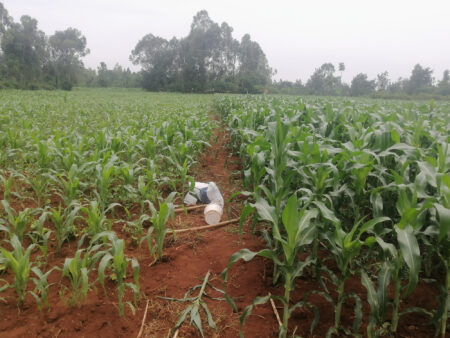Tag: I. Adolwa
 A
A
Ask an APNI Expert: Can we estimate the fertility status of soil without knowing the plant nutrient status?
In short, the answer is yes, you can estimate the fertility status of soil without knowing the plant nutrient status. Traditionally this can be done through soil analysis, which provides an index of the plant availability of soil nutrients through a standardized test from a lab. Other soil tests can assess properties such as soil pH, cation exchange capacity, and organic matter content, which all contribute to the soil’s potential to supply the right balance of nutrients at rates that meet the demands of a productive crop.






